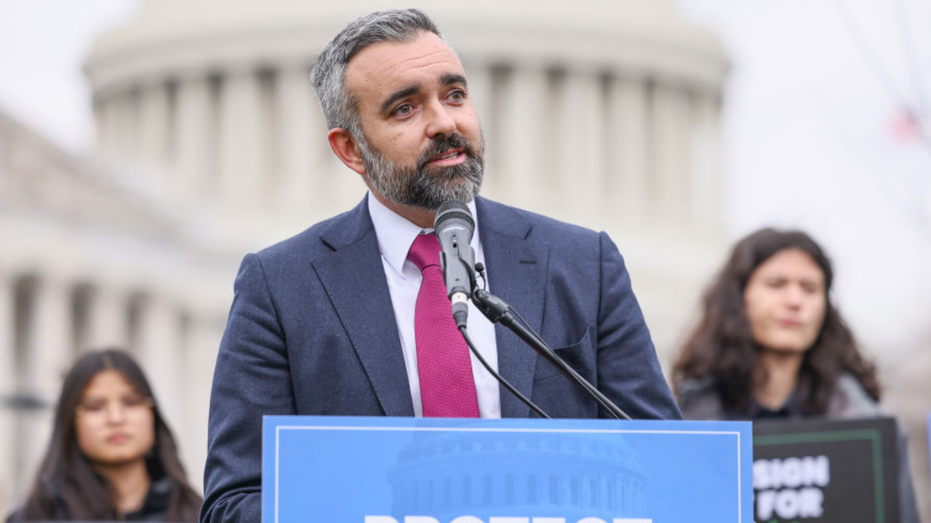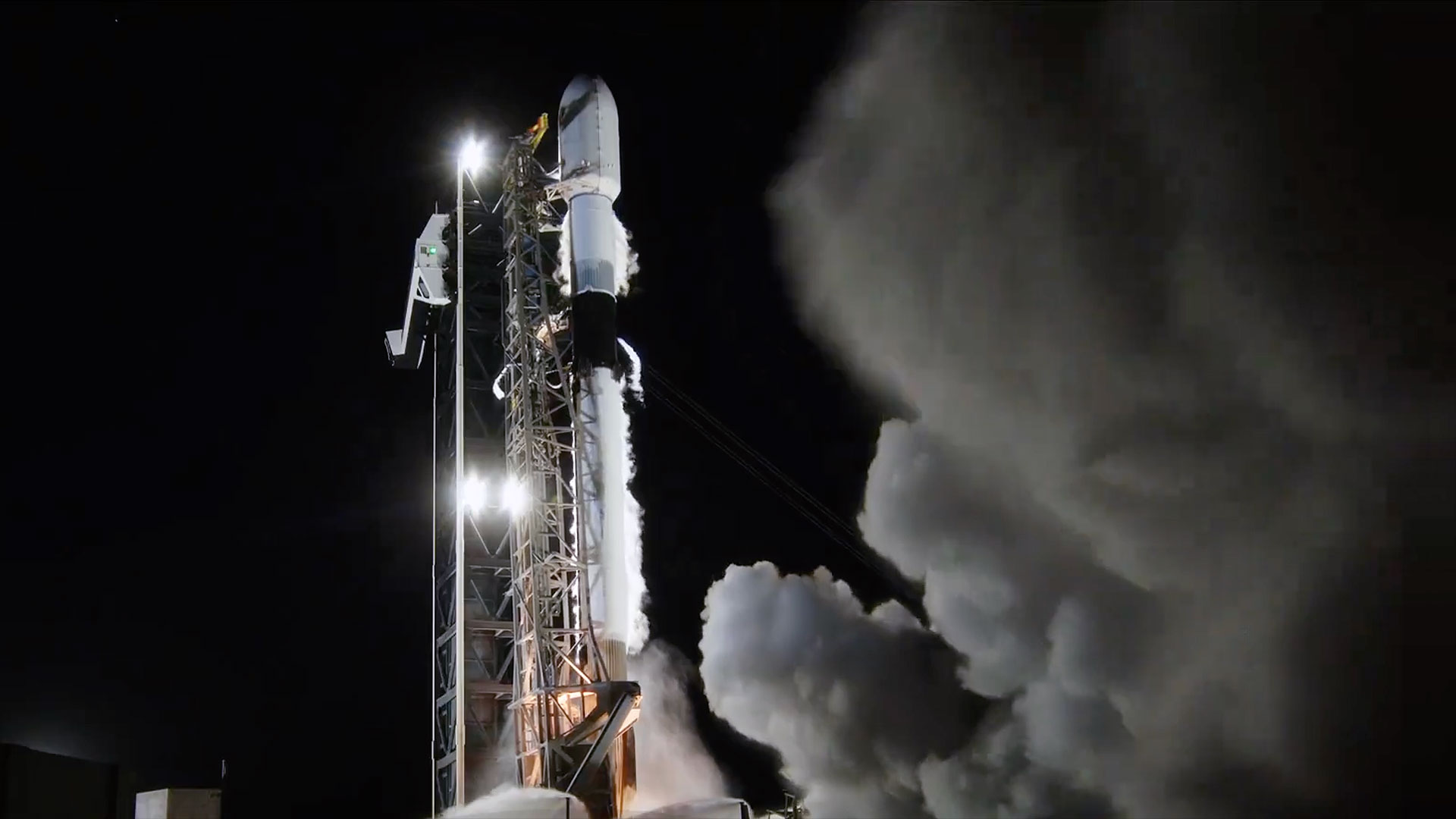Could Trump Accidentally End Greenwashing?
A second Trump administration doesn’t mean we should give up on climate goals, but rather that we must move past greenwashing.


Following the election of President Donald Trump, U.S. multinationals wasted little time in purging mentions of the climate from their websites. Breakthrough Energy, a joint venture between Bill Gates and a handful of other climate-conscious billionaires, recently laid off a significant portion of its staff. Some $4 billion in U.S. pledges for the U.N. Climate Fund has been rescinded. The response to all of this has been virtually unanimous: Trump is bad—very bad, in fact—for the climate. To be sure, the second Trump administration has already rolled back a number of significant environmental regulations, increased logging in national forests, ramped up oil and gas production, and made sweeping cuts to the EPA. [time-brightcove not-tgx=”true”]
But love him or loathe him, Trump is not the only problem. He is a symptom of voter frustration and disillusionment. We must accept that for years, global multilateral climate policy has been marked more by talking the talk than walking the walk. Indeed, you could be forgiven for growing slightly cynical of the big pledges, glossy roadmaps, endless subsidy schemes, and constant climate conferences.
Whatever Trump believes personally about the climate crisis, he could unintentionally be part of the solution to it, as a force of Schumpeterian “creative destruction”. His election may have sounded the death knell for performative, feel-good, socially acceptable climate policies and created an opportunity for pragmatic, climate-conscious people to design something much more effective at both the domestic and the global levels. Such an approach could entail less greenwashing and less bureaucracy and a much greater emphasis on results. It could entail more independent control of companies’ actual impact. For instance, we can appeal to companies’ self-interest to use new technologies that accurately measure emissions. The new approach to climate policy can, and should be: What here, in this market, with these tools, would deliver the fastest, biggest, cheapest gains?
For instance, the Connecticut-based insurance company AXA XL, is using satellite technology to predict, and through early warnings, mitigate the climate, human, and financial impacts of natural disasters like wildfires.
The biggest risk isn’t Trump alone but continuing to throw money at technology that doesn’t scale, or only works in certain places, while ignoring the smarter, leaner, data-backed options to address the most pressing issue of our time. Take electric vehicles (EVs). They matter, but rolling them out en masse is no silver bullet. The climate impact of EVs depends on how they’re powered, how batteries are made, and what alternatives exist. EVs when deployed in low carbon power environments do lower emissions, and have other benefits. But rethinking transport altogether could bring even bigger gains. Trump is unlikely to provide the leadership or investment needed to make this happen, but when we step away from incremental progress and greenwashing, we are able to imagine new, bigger, better, and more sustainable solutions.
On the flip side, consider methane. It’s one of the easiest climate wins available to us, and yet few have taken advantage of this opportunity. Granted, the Biden administration came close with the methane fee—a data-backed piece of regulation recently scrapped by Congress. But even that policy was unnecessarily convoluted, and in any case, oil and gas companies were reluctant to be transparent. Satellite imagery, made intelligible and actionable with AI, lets us track leaks almost in real time. Data shows that half of all methane cuts in oil and gas could be made at little or no cost, for the simple reason that stopping leaks increases revenue through the sale of the non-burnt gas.
Truly smart regulation could include something like a methane speeding ticket slapped on those who are spewing the gas too freely into the atmosphere and have the financial means and moral obligation to eliminate externalities. If Trump blocks progress domestically, other major trading partners (like the EU, Korea, an Japan) could impose climate-friendly trade rules, like carbon border adjustments or import standards. That could nudge the U.S. market to comply indirectly, even under the current administration.
Meanwhile, private capital is chasing decarbonisation like never before. One investor recently called decarbonization efforts in Europe “a bigger opportunity than the internet.” Businesses in the U.S., Canada, and Europe are harnessing AI and satellite data to monitor emissions more accurately. They’re also investing in cutting-edge low-carbon innovations, such as advanced battery storage, small modular reactors, and next-gen carbon capture technologies. With the decreasing cost of clean technologies like wind, solar, and battery and growing consumer demand for sustainability, companies that don’t embrace these changes risk falling behind. It’s worth remembering that many of the biggest breakthroughs of the last two decades came not from government edicts, but from private actors moving fast in the right conditions: the switch from coal to cheap gas through fracking, the fall in the price of solar panels, and real-time monitoring of wildfires and deforestation, for instance.
A second Trump administration doesn’t mean we should give up on climate goals, but rather that we must move past wishful thinking and embrace realism. This means foreign powers should focus on making polluters pay in ways that are straightforward and enforceable. This means investing in breakthrough technologies that cut emissions and benefit businesses. Indeed, long-term investors know that natural disasters are bad for business—and that they can’t stop hurricanes at the border. This means prioritizing effective solutions over idealistic ones. And it means discarding policies that frustrate consumers, burden businesses, and make little impact on the climate. People are done with slogans, they want results. And those results won’t come from crossing our fingers or making five-year plans. They will come from doing what works. And that is the task for those pragmatic, climate-conscious people keen to make sure that environmental action happens—no matter who is in office.








































































